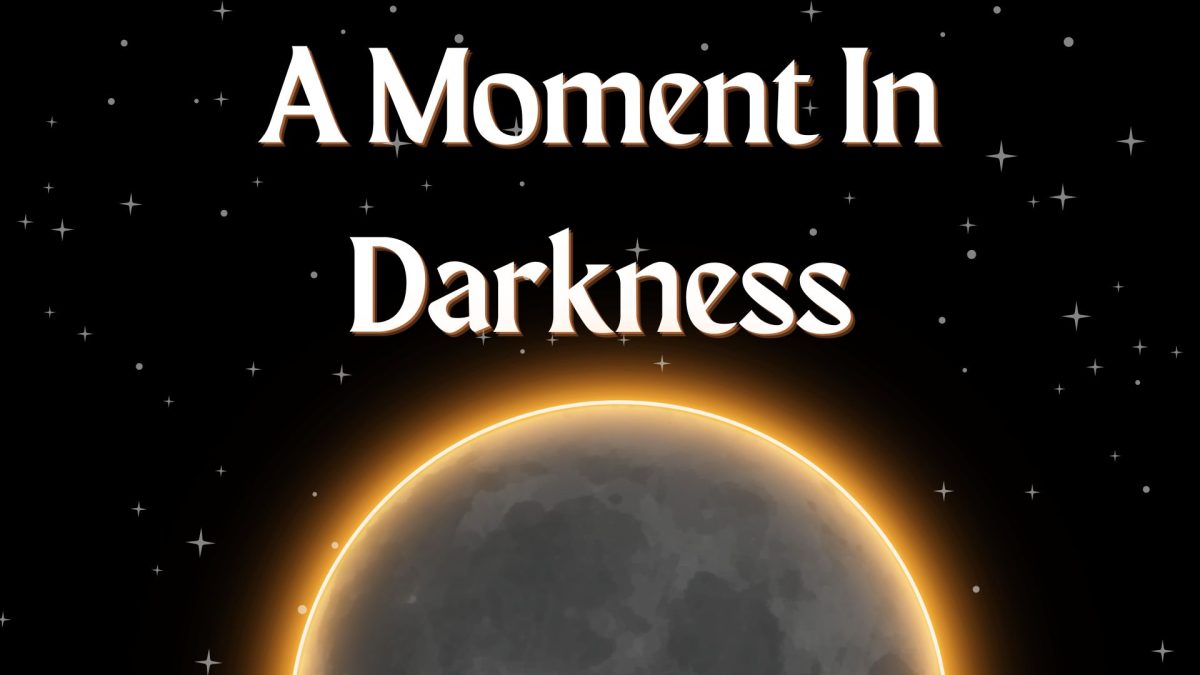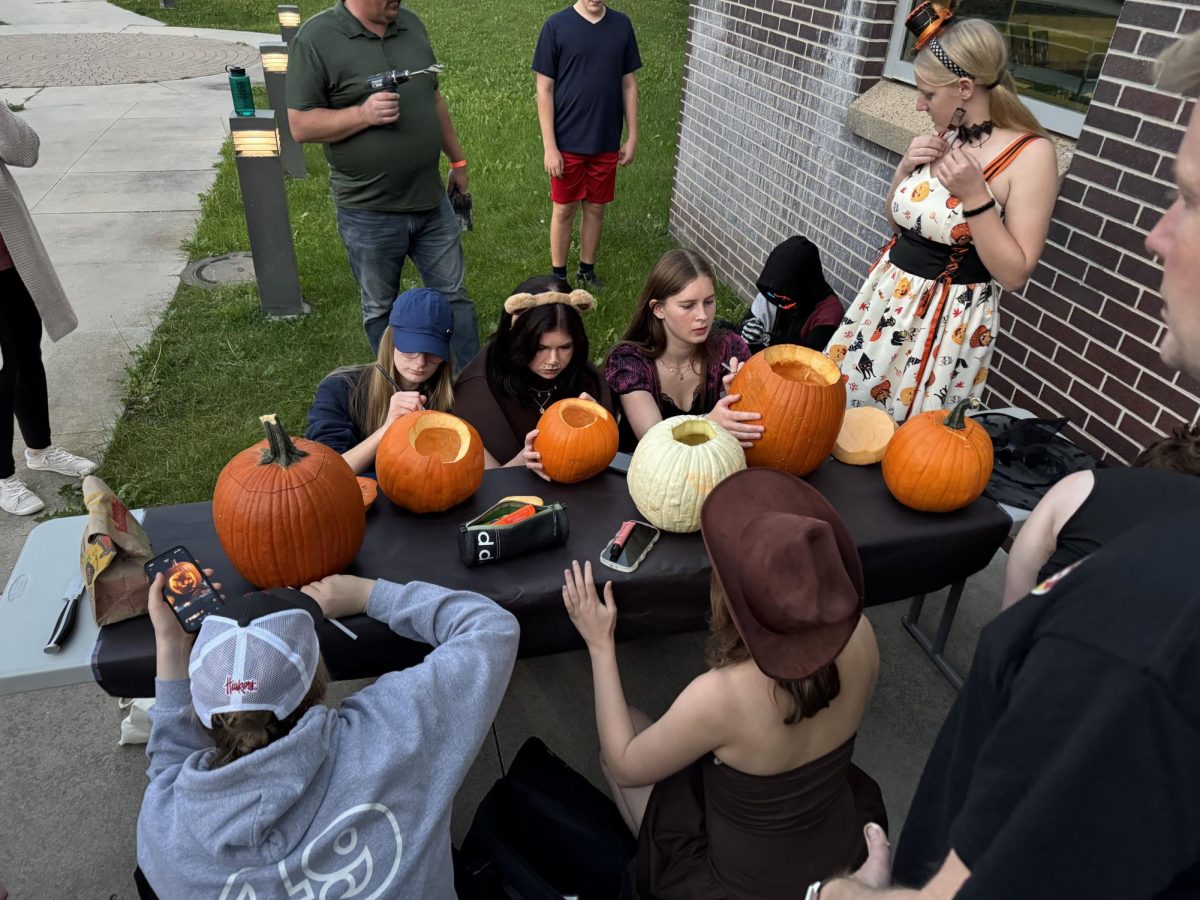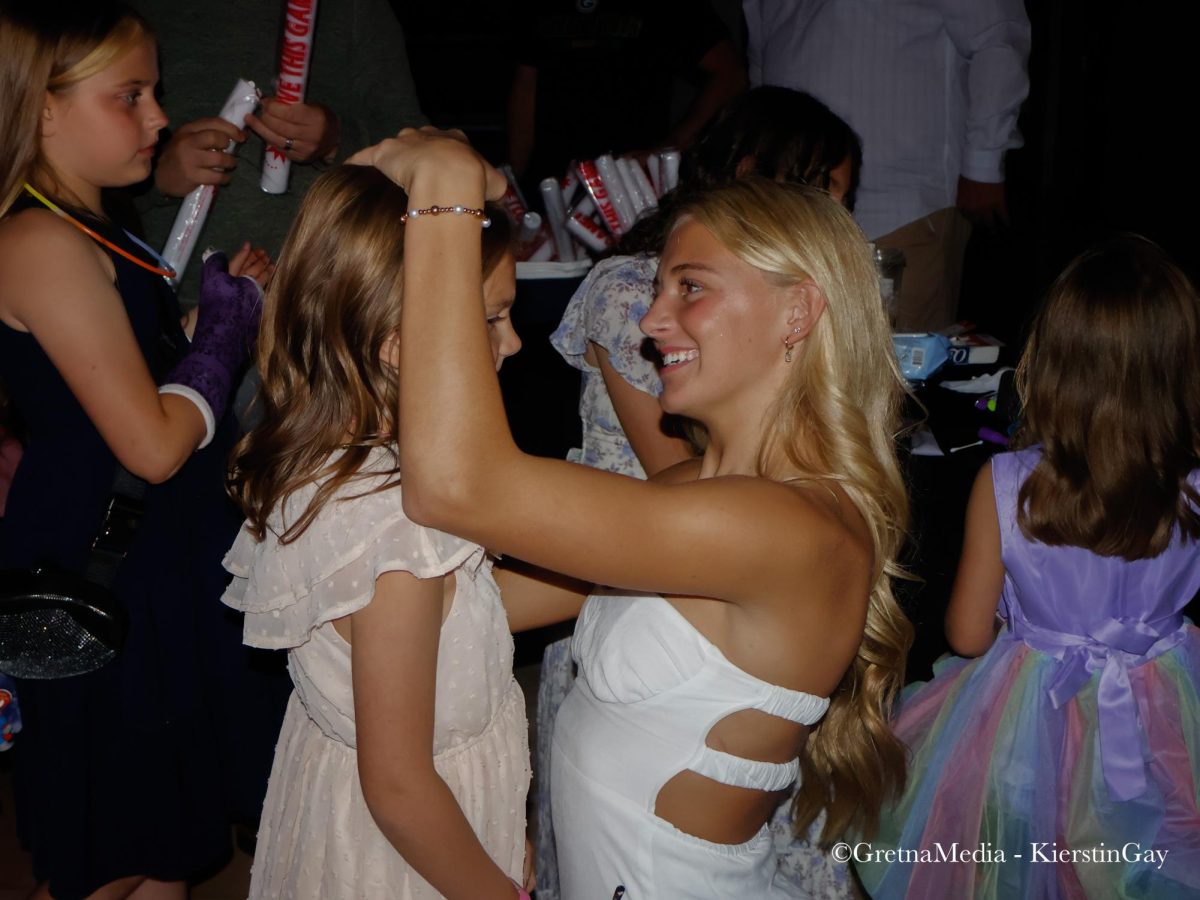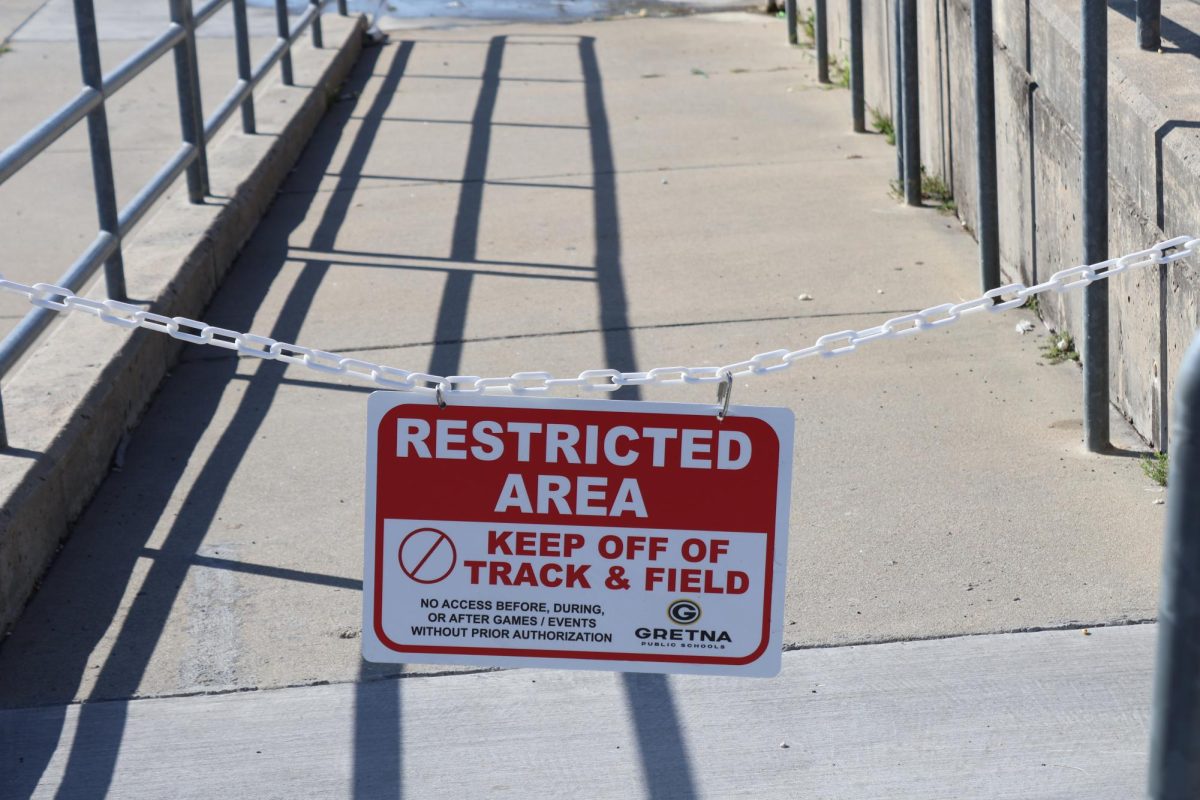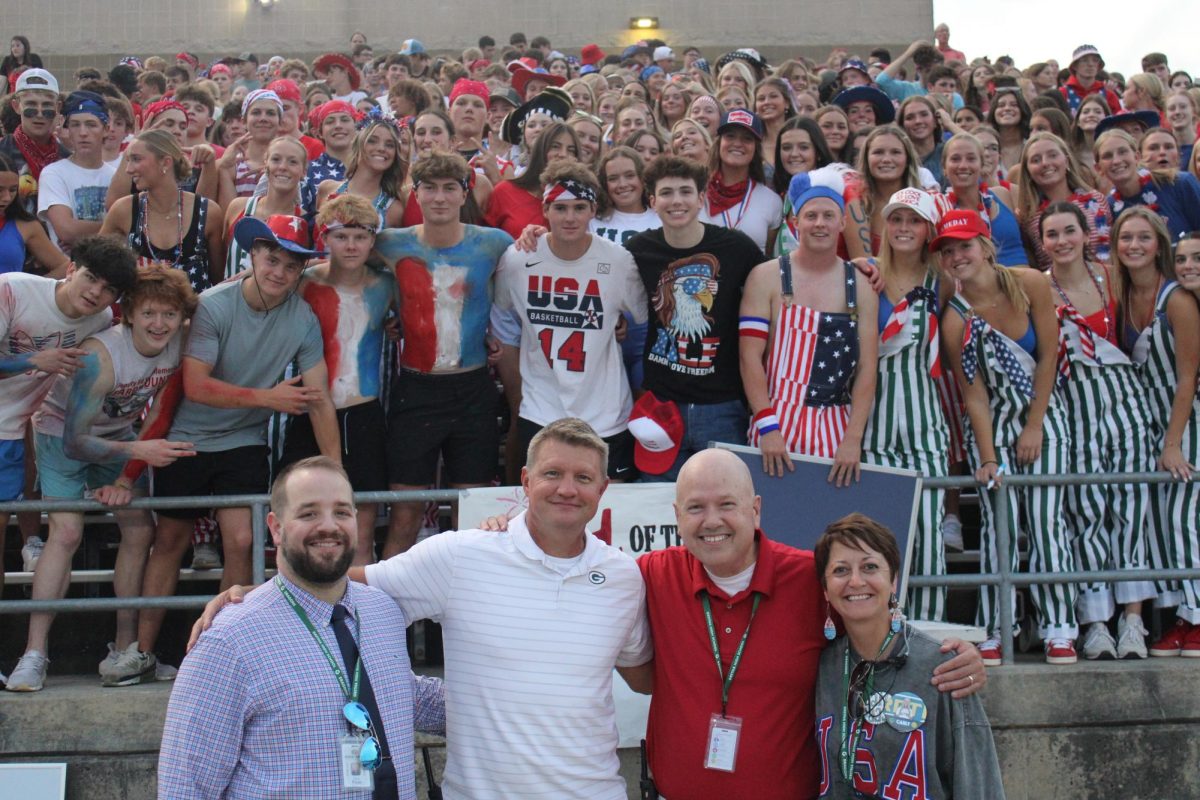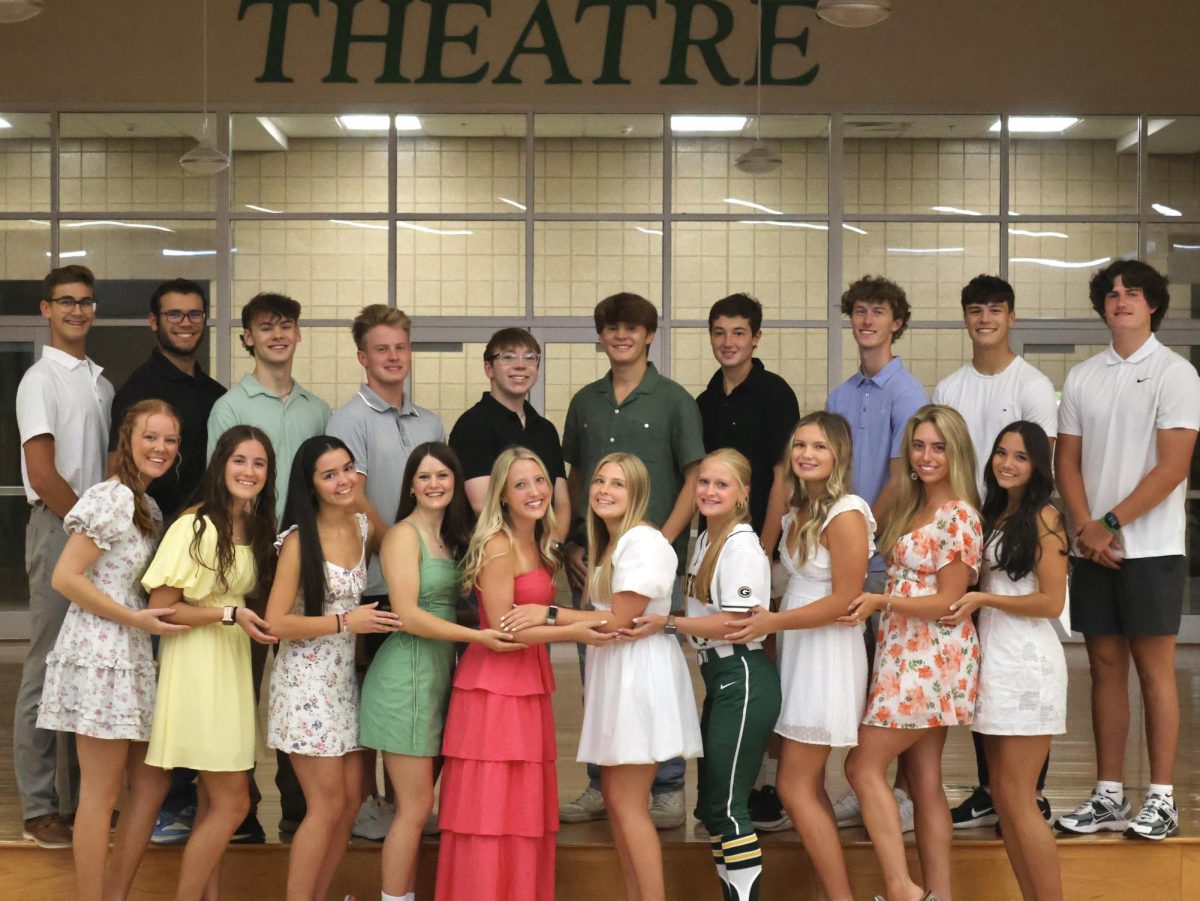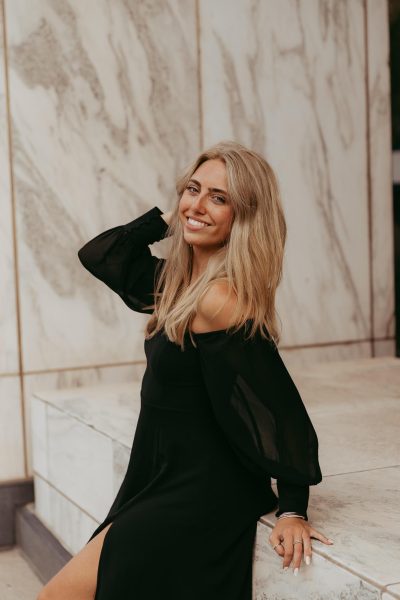As the moon sweeps across the sun on Monday, April 8, millions of people throughout the country will be gazing at the temporary midnight sky. Then, in an instant, it is over just when it seemed to begin and daylight will return to normal.
David Kriegler, a lecturer at UNO in the physics department, said that the moon will block 83% of the sun’s light in Omaha. The brightness of the sun does not change, but it still can burn the retina, especially if a person is looking at the sun for long periods.
A solar eclipse results from the moon passing between the Earth and the sun. The moon casts a shadow from the sun on a small part of the Earth producing a solar eclipse. They happen frequently, but the next time that it will be seen in Nebraska is in 2044.
“Certainly, clouds are a big factor,” KETV meteorologist Bill Randby said. “If it is cloudy, you will not be able to see the eclipse. It is pretty rare to get into a spot where skies are perfectly clear and you are in the path of totality, but that is the goal for millions of people.”
Once a month the school partakes in fire drills. April’s fire drill will be used not only to practice if there is an emergency but to watch the eclipse.
“We will go out. Everyone will be issued a pair of glasses and we are going to go outside at about 1:50,” Principal Todd Mueller said. “The peak is about 1:55 so we will be out for five minutes and then we will come back in.”
Only third through 12th graders are allowed to view the eclipse due to safety precautions with the younger kids. The district has provided NASA-approved glasses for students to wear along with a video about the do’s and don’ts while observing the eclipse. It is not required to go outside but parents must complete an opt-out form for their children.
“The most important thing is to remind everyone not to look directly at the sun,” Randby said. “Use eclipse/solar safe glasses or just look at a live view of the eclipse that will be online. If you do not use safety measures, you could permanently damage your eyesight.”
On a sunny day just staring at the sun for ten seconds hurts your eyes. What makes eclipses different is that it does not physically hurt your eyes if you stare at the sun, but it is still causing the same amount of damage. Therefore, special glasses are required because of the longer incriminates of time looking at the sun.
“Is there going to be some idiot who is going to take their glasses off, probably,” Mueller said. “But we can not control that. So it is up to the individual kids to have a little bit of responsibility and maturity with it.”
The opportunity to view the solar eclipse on Monday so clearly is an out-of-this-world experience. It can be very dangerous but as long as all students follow the safety guidelines it will be a beautiful memory for them to hold onto until the end of time.


